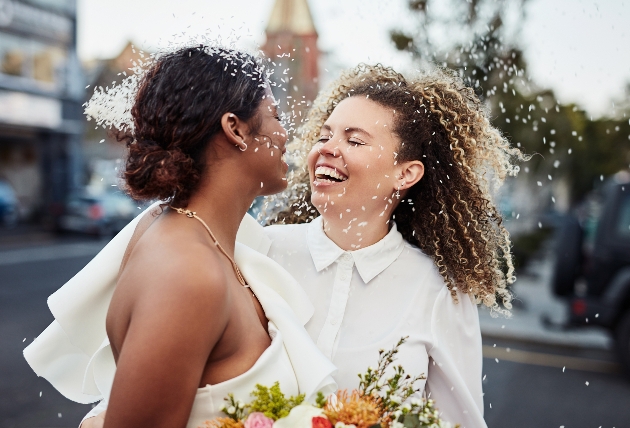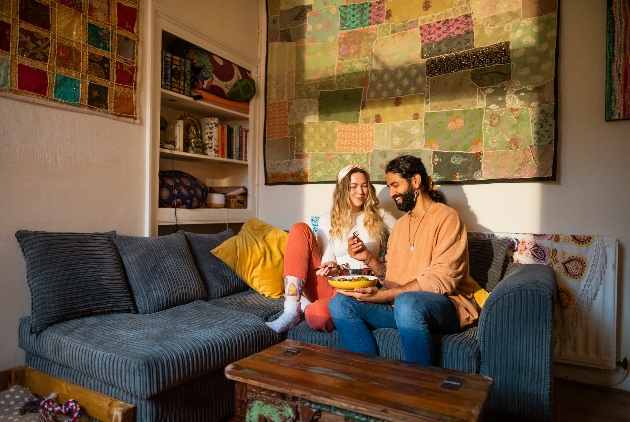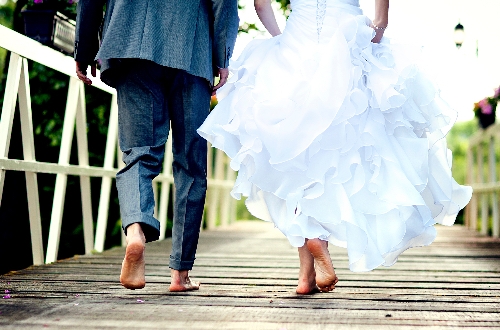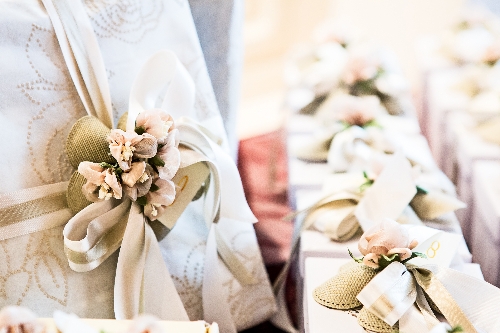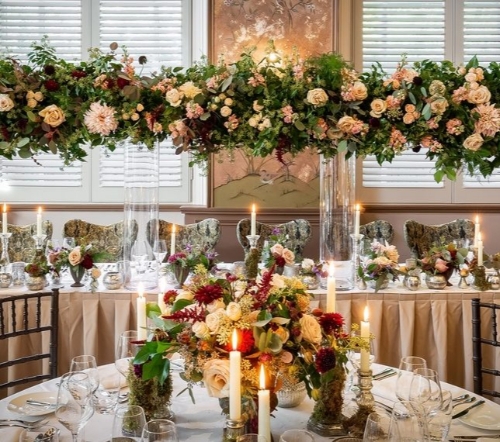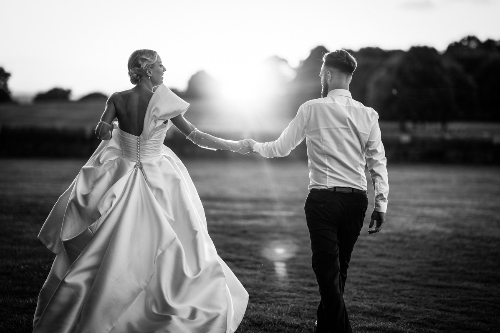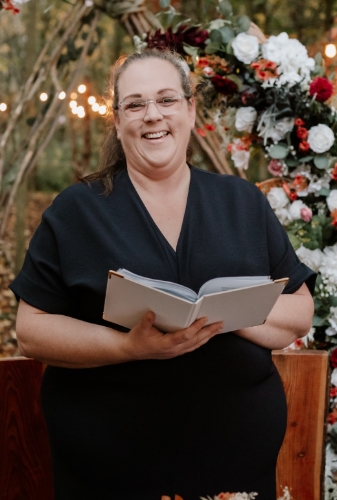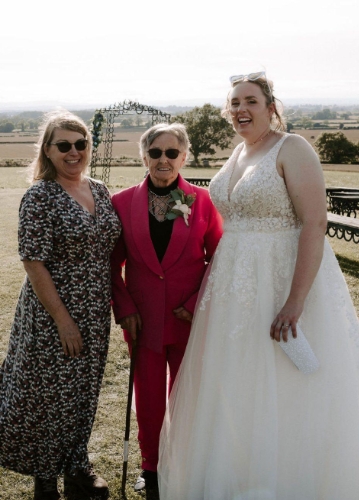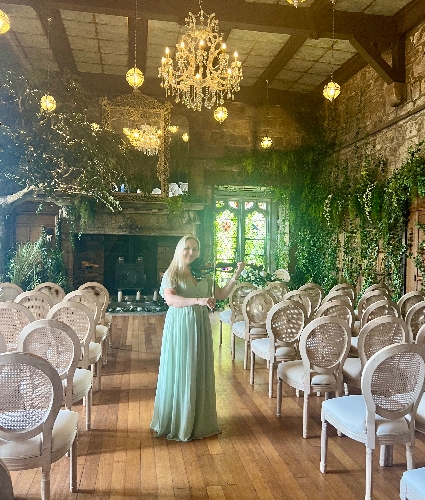The Wedding Music Trends Couples Are Choosing for 2026
For couples planning 2026 weddings, music has moved beyond background noise - it's now a defining, intentional part of the overall experience. Beyond the first dance or the late-night party set, couples are curating soundtracks that reflect who they are, where they come from, and how they want their guests to feel. The result? A new era of wedding music that's immersive, personal, culturally rich, and joy-led. Few people have seen this evolution up close quite like DJ China L'One, founder of We Run the World, the UK's leading Black-owned, all-female DJ agency. Having performed at hundreds of weddings and private celebrations, China has noticed a clear shift - especially for January weddings - towards upbeat, celebratory sounds, genre-blending playlists, and DJs who bring both polish and personality.


